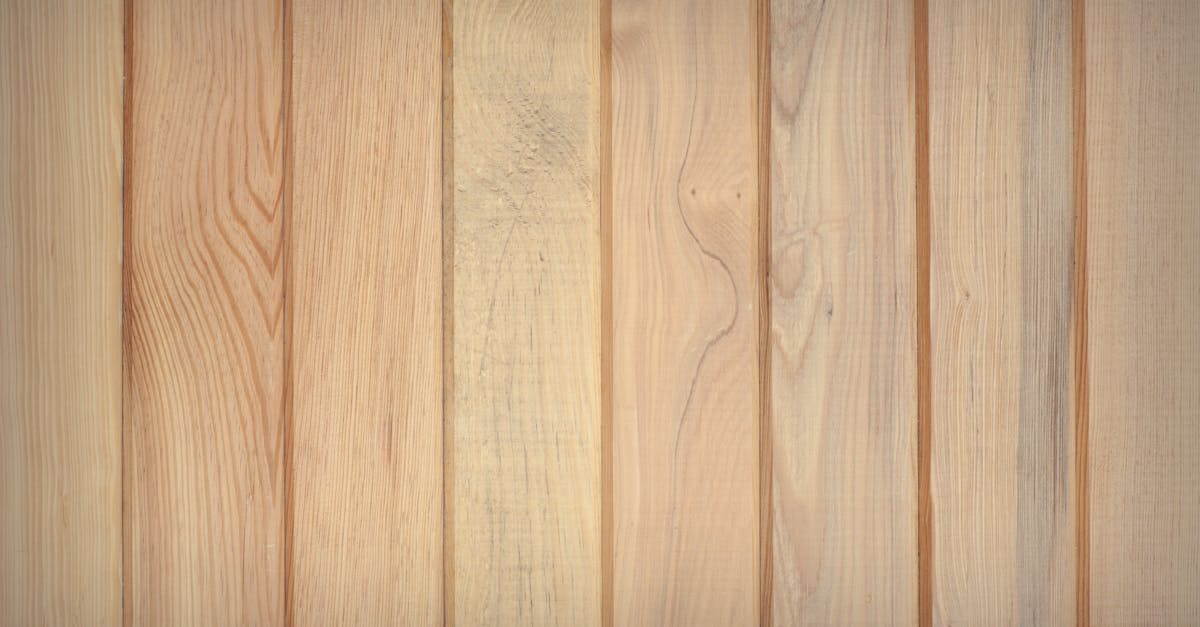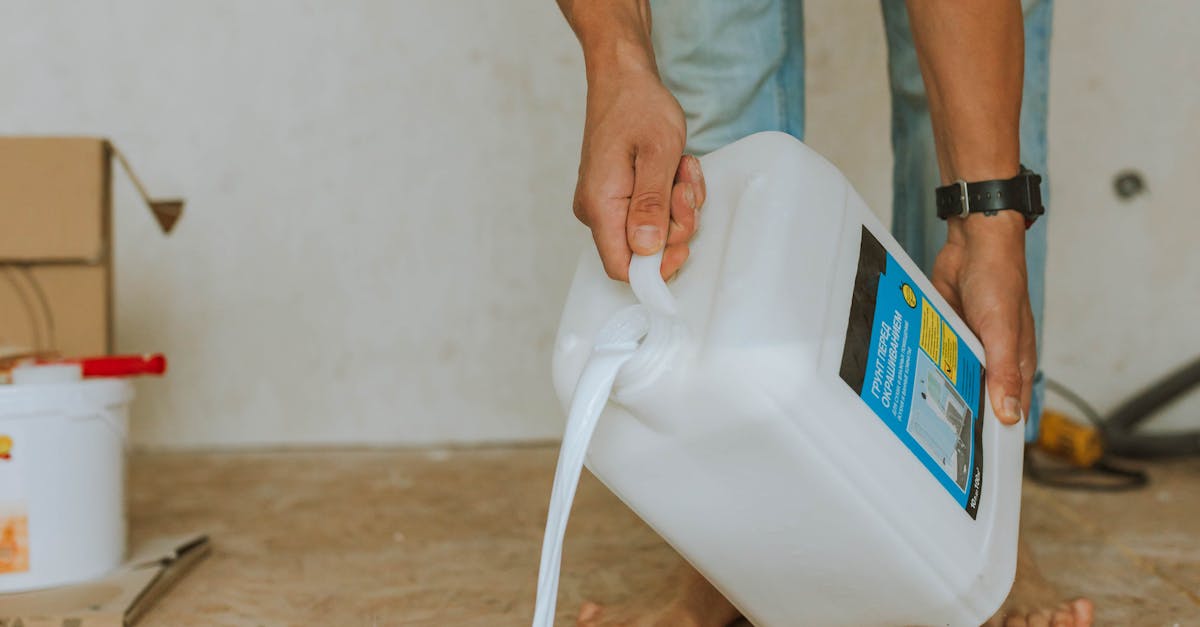
At Virginia Beach Flooring, we specialize in floor leveling services that ensure a smooth and even surface for your flooring installations. Whether you're dealing with uneven concrete, dips, or bulges in your subfloor, our experienced team uses advanced techniques and high-quality materials to correct these issues, creating the perfect foundation for any type of flooring. Our floor leveling process not only enhances the aesthetic appeal of your space but also improves the durability of your floors, preventing common problems such as warping and cracking. Trust Virginia Beach Flooring to provide you with precise and efficient floor leveling solutions tailored to meet your specific needs.
Materials Used in Floor Leveling
Floor leveling involves a variety of materials tailored to address different flooring needs. One of the most common materials used is self-leveling compound. This cement-based mixture can create a smooth surface on uneven floors and is applicable on concrete and wooden substrates. Additionally, underlayment materials serve as a foundation for certain types of flooring, adding further support and insulation. These underlayments may consist of foam, cork, or rubber, each offering distinctive benefits based on the flooring type.
Another essential material is floor patching compound, which fills in dips and holes in the existing surface. Various products in this category are available, including cement and latex-based formulations, each suited for specific applications. When considering epoxy or polyurethane systems, they provide robust and durable solutions for leveling. These materials not only ensure a flat surface but also improve the overall performance of the flooring installation.
Overview of Common Leveling Compounds
Leveling compounds serve as essential materials for achieving a smooth, even surface before laying new flooring. Various types are available, each designed for specific applications. Self-leveling underlayment is one of the most popular choices, known for its ability to flow and create a level surface without extensive manual labor. It is ideal for repairing concrete floors and can be used on wooden substrates as well. Other options include cement-based compounds, which offer durability and strength, and gypsum-based compounds, favored for their lightweight nature and quick drying times.
When selecting a leveling compound, considering the intended surface and the environmental conditions is crucial. For instance, some compounds are suitable for indoor use only, while others can withstand moisture, making them appropriate for basements or areas prone to spills. Additionally, certain formulas may require specific installation techniques, so understanding these aspects can aid in making the right choice. Ultimately, the appropriate compound can significantly influence the longevity and success of your flooring project.
Cost Factors in Floor Leveling
Several variables come into play when determining the overall cost of floor leveling. The type of leveling compound chosen can significantly affect the price. Some materials are more expensive due to their durability and advanced properties, while others might be more budget-friendly but offer less in the way of longevity and performance. The condition of the existing floor also plays a role; extensive damage or irregularities may require additional labor and materials, increasing total expenses.
Labor costs are another important factor in the final pricing. Experienced contractors might charge higher rates, reflecting their expertise and efficiency. The complexity of the job should not be overlooked, as specific flooring types or intricate designs can necessitate more specialized skills, further influencing costs. Geographic location may also affect pricing, with urban areas often commanding higher rates due to demand and living expenses.
What Influences the Price of Floor Leveling Services?
Several factors contribute to the overall cost of floor leveling services. The size of the area needing leveling plays a significant role, as larger spaces require more materials and labor. The condition of the existing floor can also impact pricing. If significant repairs or additional preparation work is necessary, this will raise the costs.
The type of leveling compound selected can influence expenses as well. Some materials provide better durability or quicker drying times, which may justify a higher price. Labor costs vary depending on the contractor's experience and local market rates. Timeliness of the project might also affect the price, especially if expedited service is requested.
Benefits of Professional Floor Leveling
Professional floor leveling ensures a smooth and stable foundation for any flooring installation. This not only enhances the aesthetic appeal of a space but also contributes to the longevity of the flooring materials. Trained contractors utilize high-quality materials and techniques, which minimizes the risk of future issues such as cracking or uneven surfaces. By employing the right tools and expertise, professionals can address complex problems more efficiently than a novice.
Choosing professional services also provides peace of mind. Experienced contractors are well-versed in local building codes and best practices, reducing the chances of costly mistakes. They can identify underlying issues that may not be visible to an untrained eye, ensuring that the root cause of floor unevenness is addressed. Additionally, professionals can offer warranties on their work, providing assurance and protection on your investment.
Why Hire a Professional Over DIY Solutions?
Many homeowners consider tackling floor leveling as a do-it-yourself project to save money. However, this approach often leads to inadequate results, potential damage, and costly repairs down the line. Professionals possess the expertise and specialized equipment necessary to assess underlying issues accurately. They can create a reliable leveling solution tailored to the specific requirements of the space, ensuring long-lasting results.
Additionally, hiring a professional can significantly reduce the time and physical strain involved in the process. Floor leveling requires precise measurements and a solid understanding of material handling, aspects that might overwhelm an inexperienced homeowner. Professionals not only expedite the project but also bring valuable insights that can help prevent future problems. Their experience in dealing with various flooring types ensures that the final outcome meets industry standards and enhances the overall functionality of the home.
FAQS
What is floor leveling?
Floor leveling is the process of adjusting the surface of a floor to create a uniform, even base. This can involve removing imperfections, filling in low spots, or applying leveling compounds.
What materials are commonly used in floor leveling?
Common materials used in floor leveling include self-leveling compounds, cementitious materials, and gypsum-based products. These materials help create a smooth and stable floor surface.
How much does floor leveling typically cost?
The cost of floor leveling can vary widely depending on factors such as the size of the area, the condition of the existing floor, and the type of materials used. On average, homeowners can expect to pay between $2 to $6 per square foot.
Can I level my floor myself, or should I hire a professional?
While DIY floor leveling is possible, hiring a professional is often recommended. Professionals have the expertise and tools to ensure the job is done correctly, minimizing the risk of future issues.
How long does the floor leveling process take?
The duration of the floor leveling process can vary based on the size of the area and the complexity of the job. Generally, it can take anywhere from a few hours to a couple of days, including drying time for the leveling compounds.
